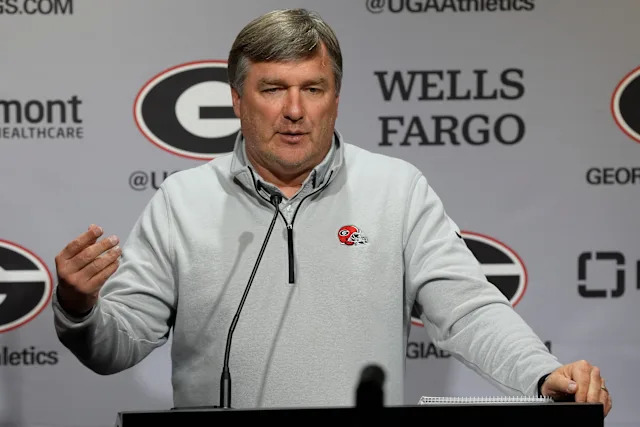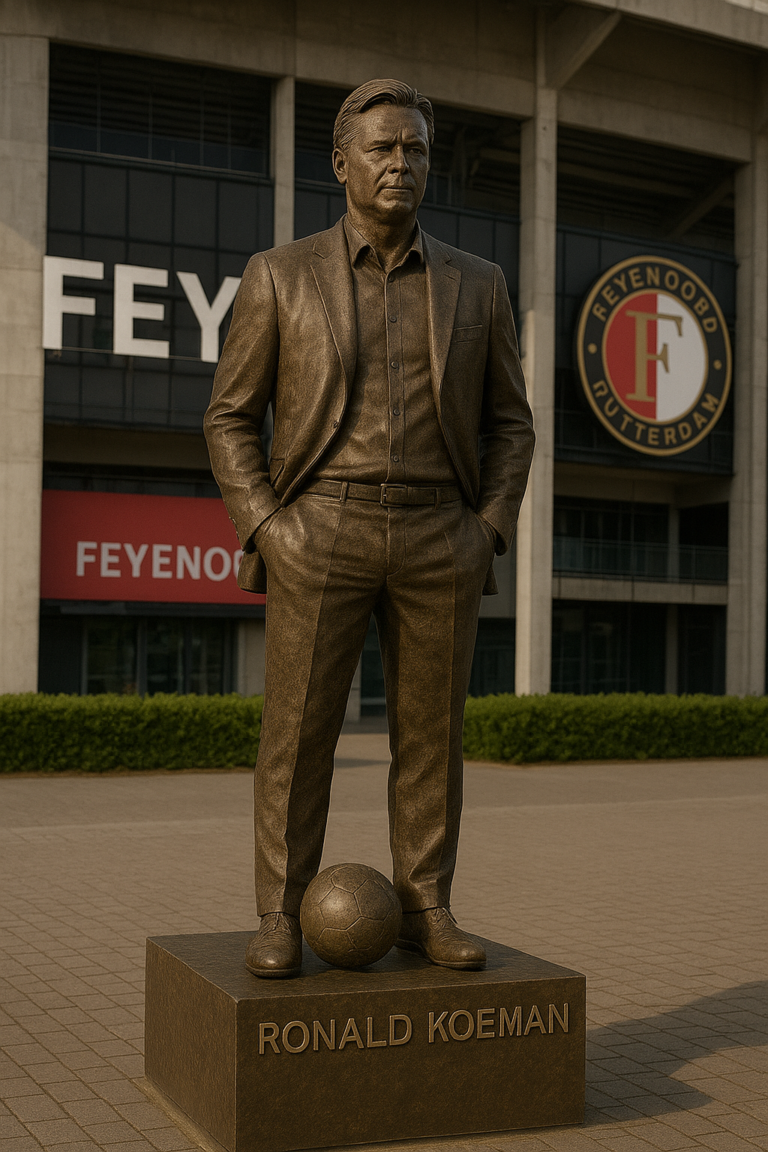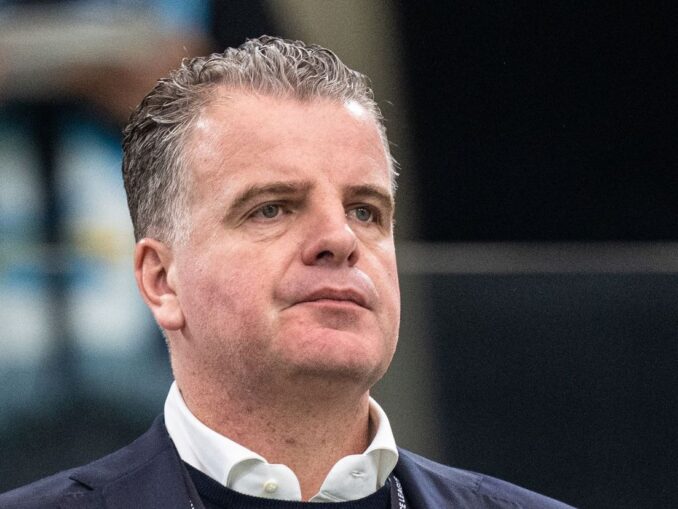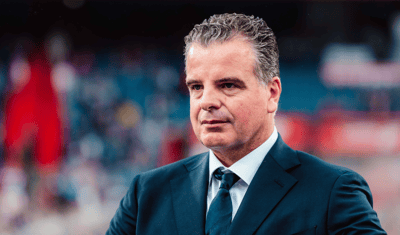
In a candid and revealing interview earlier this week, Georgia head coach Kirby Smart voiced his growing concern over what he described as the most dangerous trend currently impacting college football: the unchecked combination of NIL (Name, Image, and Likeness) deals and the transfer portal. While Smart acknowledged the progress the sport has made in giving players more agency and compensation, he made it clear that the current trajectory is unsustainable—and potentially damaging to the long-term health of the game.
Speaking during a sit-down with reporters at the SEC Spring Meetings, Smart said the modern recruiting environment is unlike anything he has seen in his decades in the sport. The issue, in his view, is not just the presence of NIL or the freedom to transfer—it’s the intersection of both, which has created a culture of constant roster instability, entitlement, and transactional relationships between athletes and programs.
“There’s no structure,” Smart said. “We’ve created a system where players can leave at any time and go to the highest bidder. That’s not sustainable for team building, for coaching, or for the sport itself. We’ve got to find a way to bring back some balance.”
Smart, who has led Georgia to two national championships and solidified the Bulldogs as a perennial powerhouse, has built his program on discipline, development, and elite recruiting. Yet even he admits that keeping a roster together from year to year has become one of his most challenging tasks.
“What used to be about building something together over three or four years has become a one-year lease,” Smart said. “You bring a kid in, you pour into him, you invest time and energy and resources—and the next thing you know, someone else is offering him six figures to jump ship.”
Smart emphasized that he isn’t opposed to NIL in principle. He supports the idea of players earning money off their success and believes it was long overdue. But he criticized the lack of oversight and enforcement, arguing that many NIL collectives have effectively become thinly veiled pay-for-play operations, operating with minimal regulation or transparency.
“This isn’t really NIL,” he said. “What we’ve got now is bidding wars, disguised as NIL, happening before a kid even steps on campus. And everyone knows it.”
The consequences, Smart said, extend far beyond locker rooms. He worries that the constant turnover is undermining relationships between players and coaches, weakening academic commitment, and eroding the values that used to define college athletics. Loyalty, patience, and perseverance—qualities Smart often preaches to his players—are being replaced by quick exits and quick paydays.
“The development process has been thrown out the window,” he added. “






